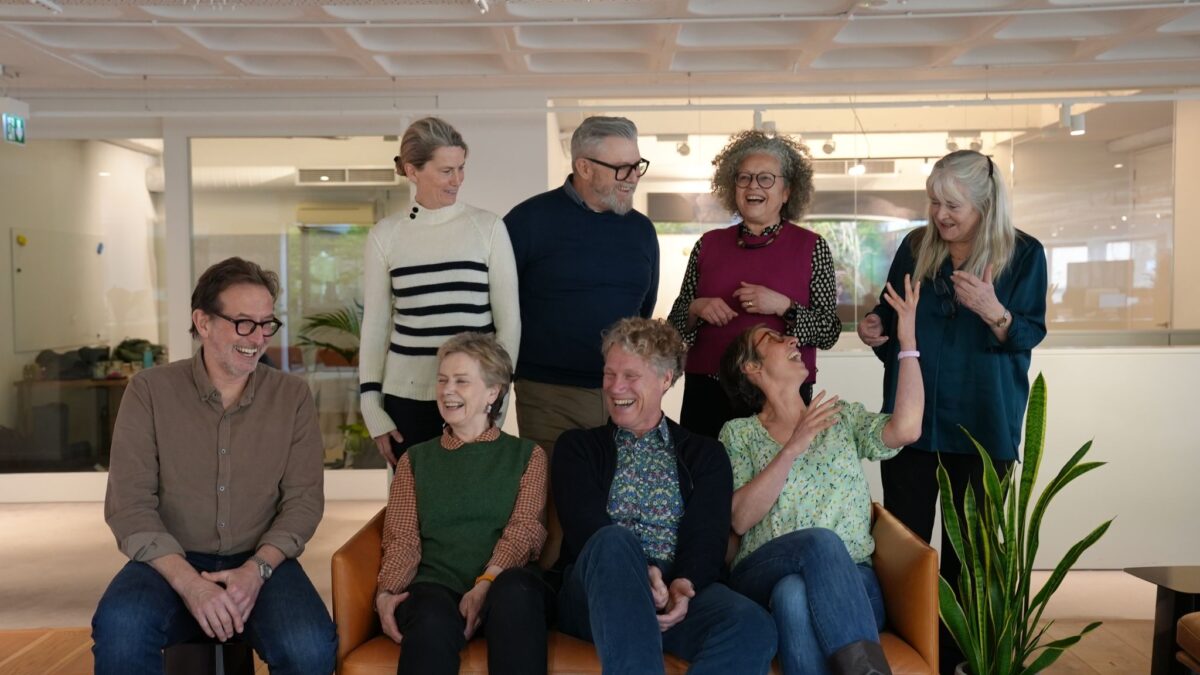“Where Do We Know From?” Why Our Coaching Faculty Are Decolonizing the Curriculum
Today, Ashridge’s coaching faculty met in our London office to continue the work they’ve been doing since 2021 on decolonizing the curriculum. Coaching faculty Tammy Tawadros shares some of the context around this complex initiative.
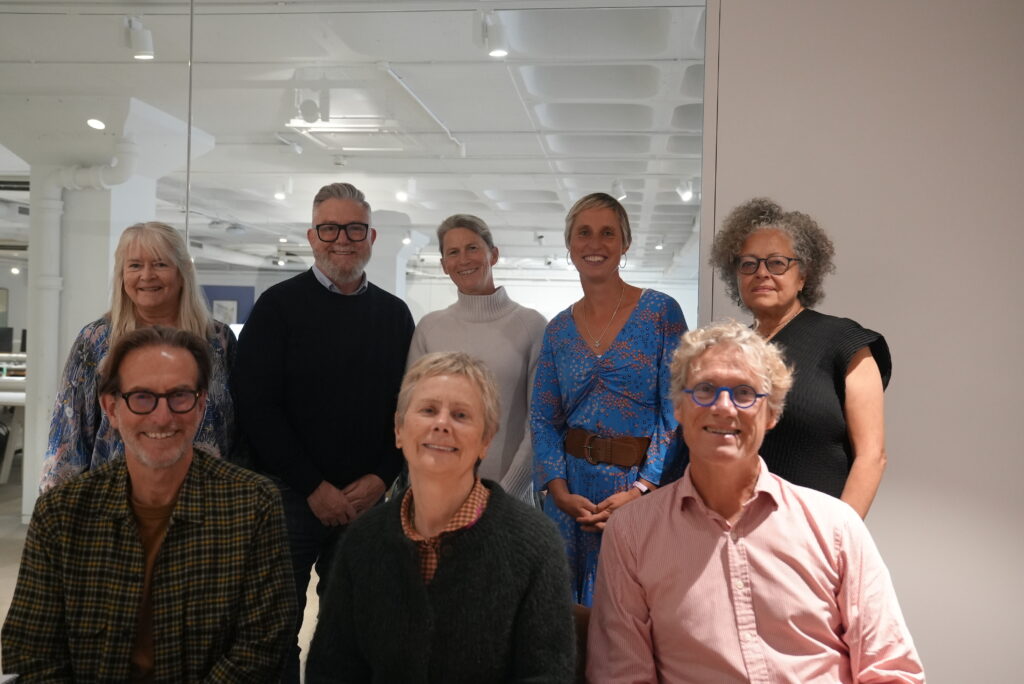

Why and how are we working on decolonizing the curriculum today?
T: As coaches and coaching educators, we spend much of our time inviting our coachees and our students to inquire into their experience. Into what is happening to them and in their relationships. We ask them to hone their awareness of themselves and the way they engage with others and the wider world. And we work with them to look at what they may need to learn or change to reach their goals.
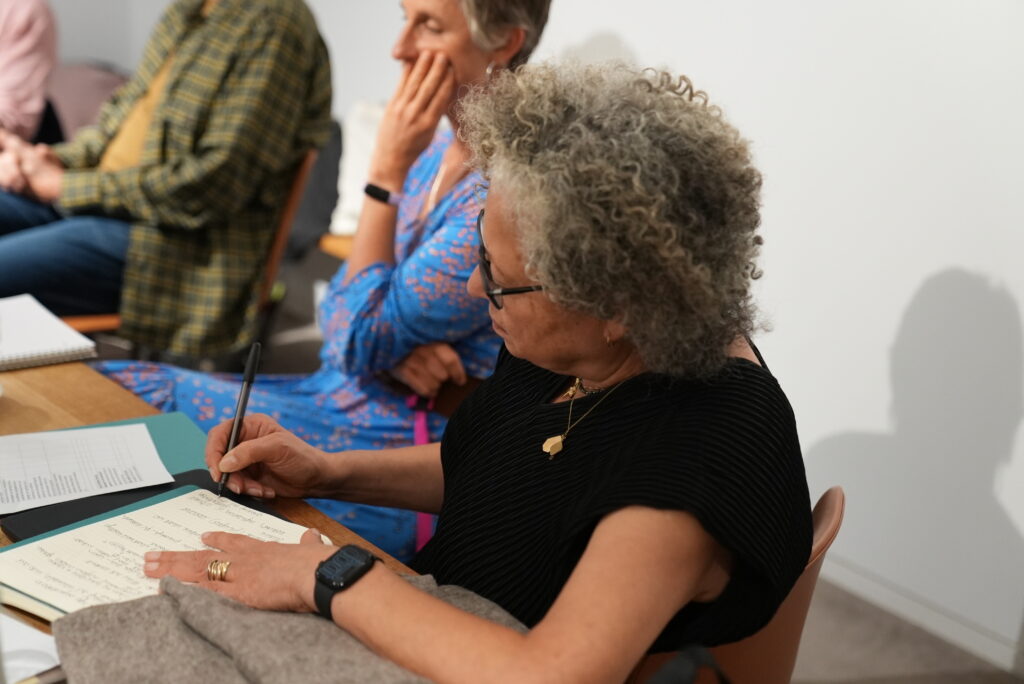

As a faculty team, we regularly do the same when we meet, shining a light on what we need to learn and change.
Today is one of those days. We’re taking another of our periodic days out to look at what we teach and how we work with our participants.
Our goal is to continue to create and build an environment where all our students—particularly those from marginalized backgrounds—can see themselves reflected in what we teach, feel included, and have their unique experiences valued.
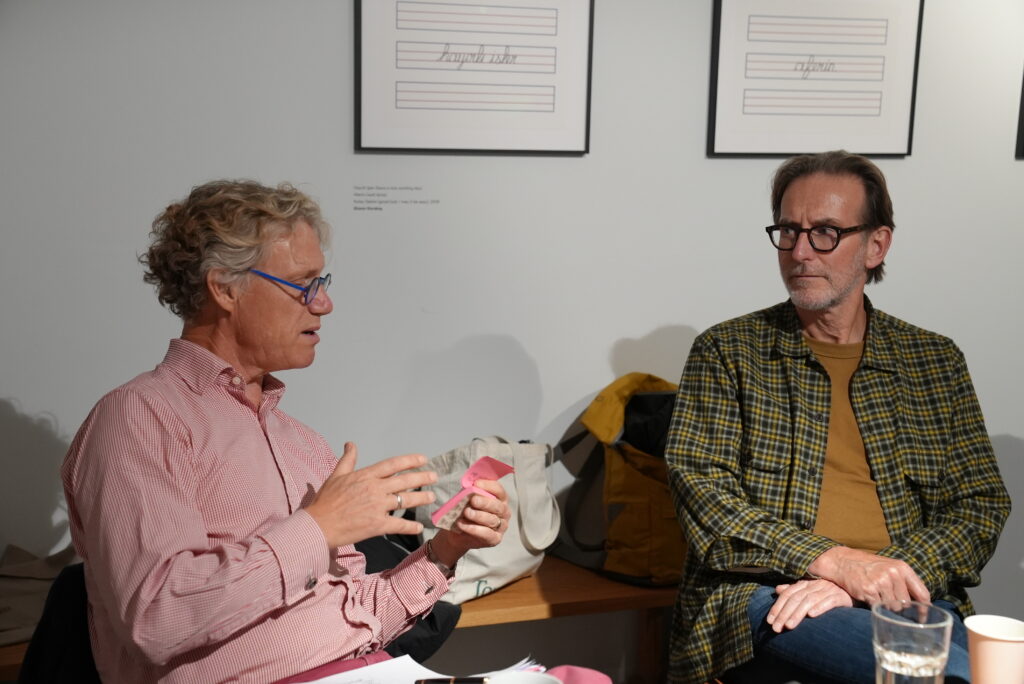

“Where do we know from?”
When we began our decolonizing work, we started by asking ourselves the question: “Where do we know from?”
This is a question inspired by Katherine McKittrick, a scholar in Black Studies and Geography, which we learnt from the therapist, Foluke Taylor.
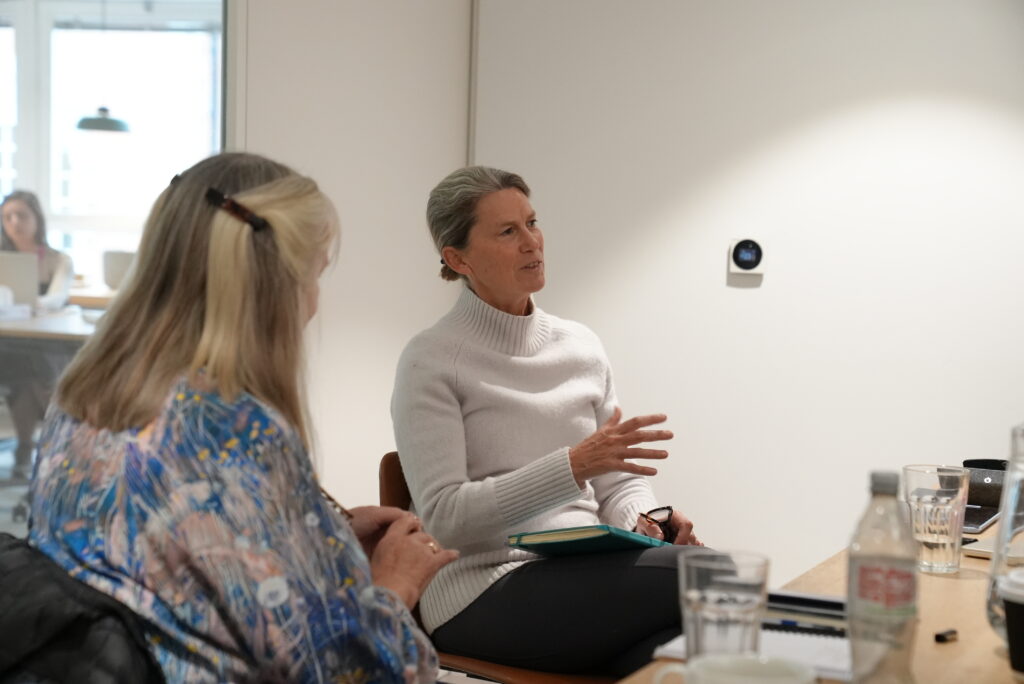

Today, we’ll be doing this by extending the work of decolonizing our courses, which we began in 2021. This encompasses taking further steps to:
- Diversify the content of our teaching. Adding to the range of authors and sources of knowledge that we draw on. This also involves bringing more cultural contributions from non-Western and Indigenous cultures into our course materials and reading. And acknowledging and attributing those contributions that have been appropriated and incorporated into the existing knowledge base and practices (e.g. Mindfulness, Constellations).
- Redesign course activities to foster greater critical awareness. Highlighting the ways in which colonialism has shaped knowledge production and continues to influence social relations between people. Thereby validating the lived experience of marginalized global majority groups. We acknowledge that neither knowledge nor coaching practice are neutral. Rather, they are shaped by the historic context of colonialism and specific power dynamics.
- Create equitable opportunities for all students to succeed. Ensure we offer all our participants the support and feedback they need. By taking account of the different ways that people learn and demonstrate their learning and by making sure that our courses reflect the diversity of human knowledge and experience.
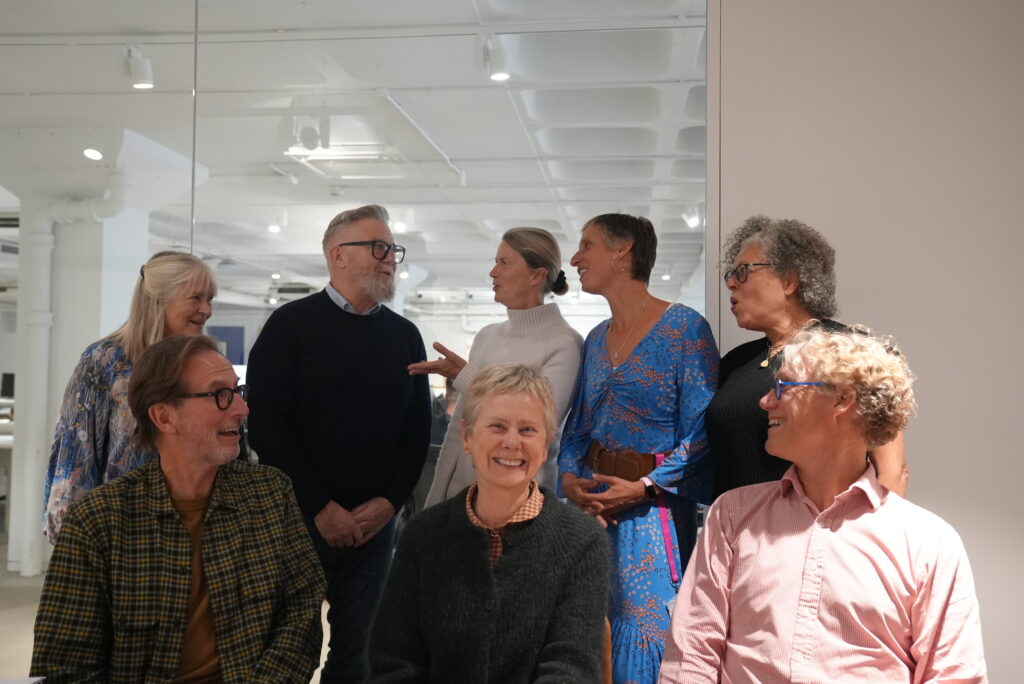

See Tammy’s recent series on LinkedIn, highlighting themes of Social Difference.
Find out more about our coaching qualifications.


